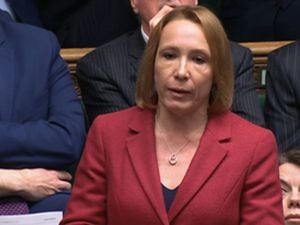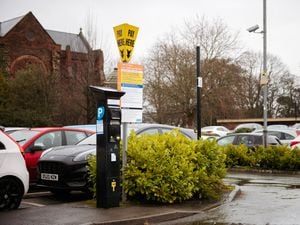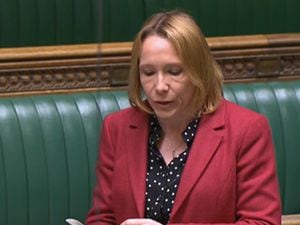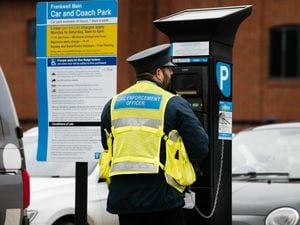Parking charges bring in £3 million for Shropshire Council
Shropshire Council made millions of pounds in profit from parking charges last year, figures reveal.
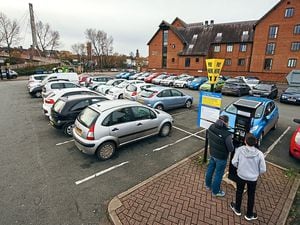
The AA says many local authorities see drivers as a “wallet on wheels”, and has accused some of using parking fees to plug budget gaps.
Parking services in Shropshire raised £3 million in profit in 2018-19, according to Ministry of Housing, Communities and Local Government data.
This was six per cent more than the previous year, when it made £2.8 million.
Off-street parking, such as council-run car parks, made the most profit last year, at £2.6 million.
The rest came from on-street parking.
The figures are in stark contrast to neighbouring authority Telford & Wrekin, which only raised £88,000 from car parking over the same period - 43 per cent less than the previous year when the authority made £154,000.
The figures also reflect the first year of Shropshire Council's new car parking strategy, which began in November 2018, and included a raft of changes.
The authority has said the changes have led to improvements to the parking service across the county, including ease of enforcement, better customer satisfaction and a more streamlined service with an increase in the number of people using chip and pin, contactless payments and digital ticketing.
There have been critics, with some councillors suggesting prices should be cut to encourage more people into Shropshire's towns.
The changes mean people are now charged per hour.
It means those stopping for shorter periods are likely to pay less, but those wanting to park up for the whole day face a far higher charge.
Jack Cousens, head of roads policy for the AA, said: “When it comes to parking charges, many councils see drivers as wallets on wheels.
“At a time when budgets are stretched, raking in parking fees seems to be a tool used to try and fill the councils’ coffers.
“Some of the incomes are eyewatering, so drivers want to see that cash reinvested in local roads to eliminate potholes and poor road markings.”
Transport research charity the RAC Foundation said profits could be overstated in some areas, as costs such as interest payments are not included.
But Steve Gooding, the foundation’s director, said: “What will surprise drivers is that even as parking income soars, the amount of money being spent on routine road maintenance by councils has been in reverse.”
The rise in profits made from parking in Shropshire reflects the trend across England, where profits hit a record high of £936 million.
This was an increase of £63 million from the previous year.
All the profit made by Telford & Wrekin Council last year came from off-street parking, such as local authority-run car parks.
Russell Griffin, a spokesman for the authority, said: “We are committed to maintaining existing free parking. The vast majority of our car parks are free and there is a clear pledge for that to continue.
“A possible cause of the variation in profit is the cost of the investment to upgrade parking machines, which now take payment via card. We have also invested in upgrading our car parks, too.”
David Renard, transport spokesman for the Local Government Association, said councils were on the side of motorists and shoppers, and that parking policies aim to make sure there are spaces available for residents, high streets are kept vibrant and traffic is kept moving.
He added: “Any income raised through on-street parking charges and fines is spent on running parking services, and any surplus is only spent on essential transport projects, such as filling potholes, supporting concessionary bus fares to help reduce congestion and other local transport projects that benefit high streets and local economies.”
The council with the highest profit last year was Westminster, which made £69 million from parking charges.
But in Buckinghamshire, parking services cost the council £2.9 million – the biggest loss for any council.


